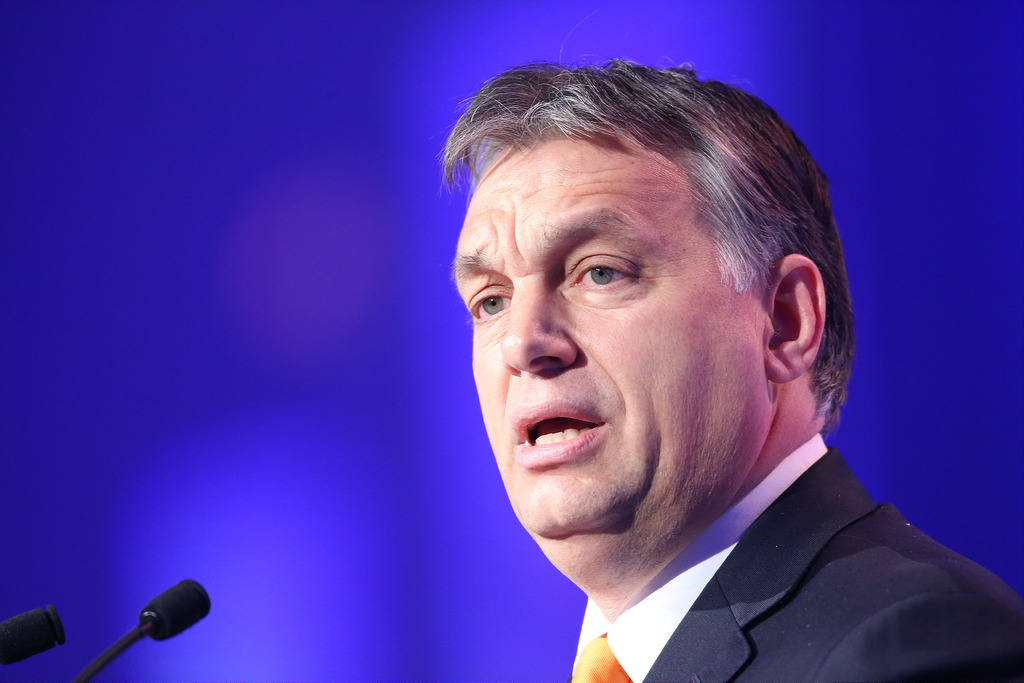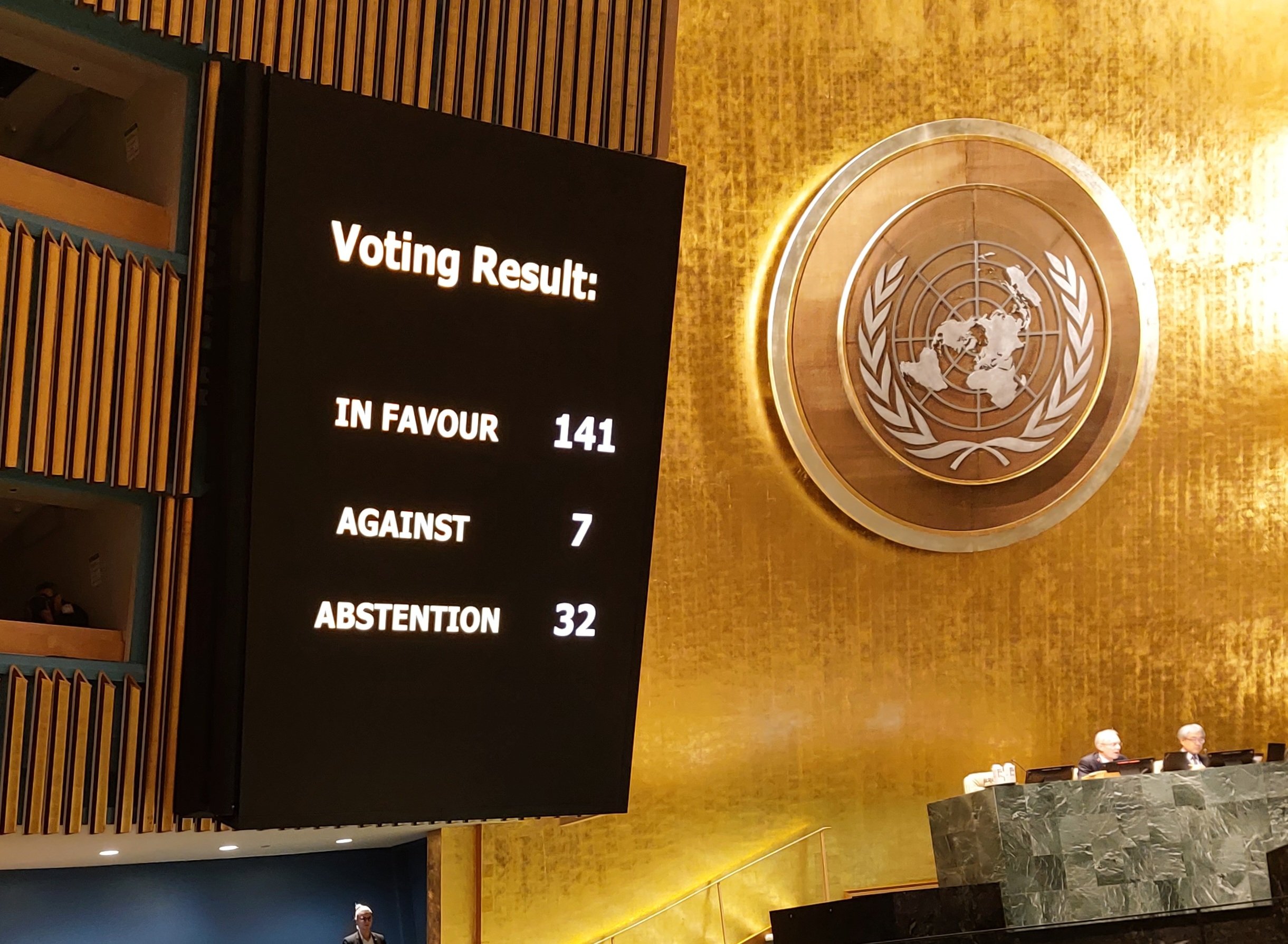Viktor Orban, the prime minister of Hungary, stated on Friday that additional negotiations between parliamentary factions were required before MPs could vote to ratify. Finland and Sweden’s NATO membership applications, which they would start debating next Wednesday.
Speaking on public radio, Orban said he had urged his nationalist Fidesz party’s lawmakers to back their initiative. He added, however, that some deputies were “not very enthusiastic” about the expansion and desired further discussions on the subject.
All applications for membership in the alliance must be approved by the parliaments of all 30 NATO countries. On March 6, MPs in Hungary are expected to vote on the issue, according to the agenda posted online by the parliament.
Orban continued, saying that in the end, it should be made clear that Hungary favors Finland and Sweden joining NATO. But that Turkey’s worries about Sweden’s admission should also be taken into account in order to avoid the expansion attempt failing.
We need to hear Turkey’s voice because they are also our allies, according to Orban.
According to Ankara, Stockholm has housed what it claims are members of terrorist organizations. Hungary claims that NATO membership has been delayed by a flurry of legislation needed to release European Union funding. While Turkey has suggested that it will only approve Finland for NATO membership.
“Turkey is important to watch because if it doesn’t, the entire process would stall. The expansion may not succeed if Turkey’s issue is not resolved.
Last week, German Foreign Minister Annalena Baerbock urged Turkey and Hungary. To permit Finland and Sweden to join NATO, saying she expected all NATO members to do so “without further delay.”
The fact that NATO’s shared border with Russia stretches for more than 1,000 kilometers (620 miles). According to Orban, has some legislators in the ruling party worried about potential geopolitical threats.
Others in the legislature objected to what Orban called Finland and Sweden’s “outright lies” about the state of Hungary’s democracy and rule of law.
He did, however, add that Hungary had a “moral obligation” to support the Nordic countries’ ambition. Because it had been ruled by Moscow for decades before to the fall of communism.
Prior to last week, Hungary’s EU finance negotiator warned of a potential further holdup in receiving billions of euros in recovery funds. However, it might take until the summer to resolve any outstanding differences with Brussels regarding democratic reforms.
Until Budapest’s nationalist administration makes changes to strengthen judicial independence. And combat corruption, the bloc has halted all payments.
In reference to the argument over NATO expansion among his parliamentarians, Orban stated, “I fall into the camp of those encouraging calm.”
“I am aware of this, and I also concur with the parliamentary group’s assessment that not everything is perfect. Nonetheless, I urged them to be clear that, in the end, we support Sweden and Finland’s NATO membership in principle. Yet, there will need to be some serious conversations first.”
















